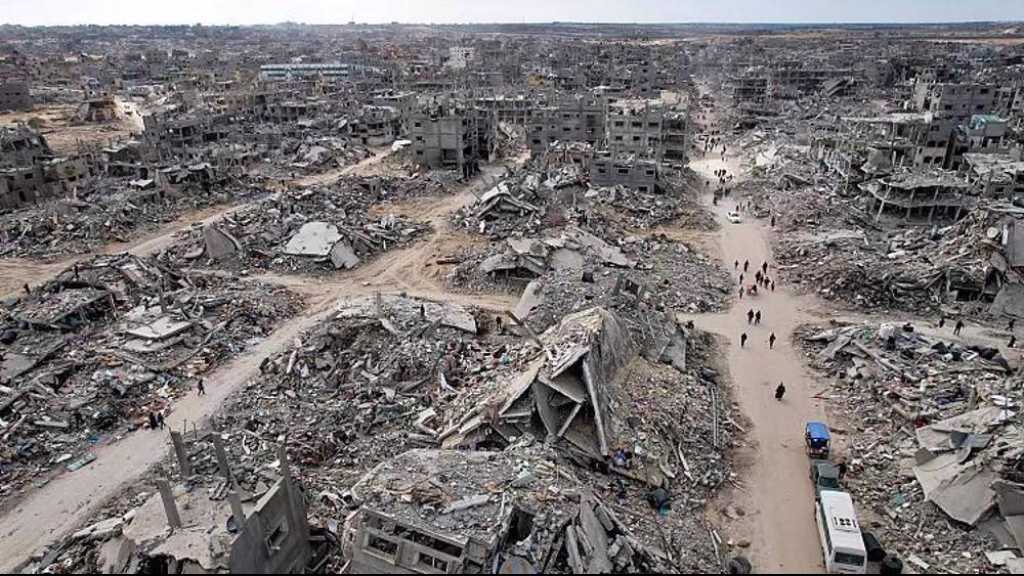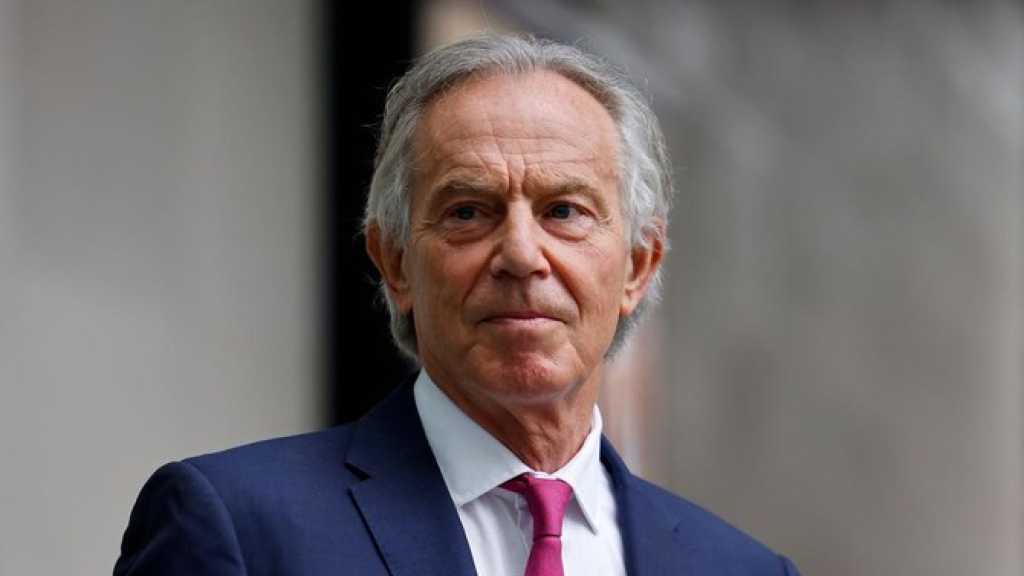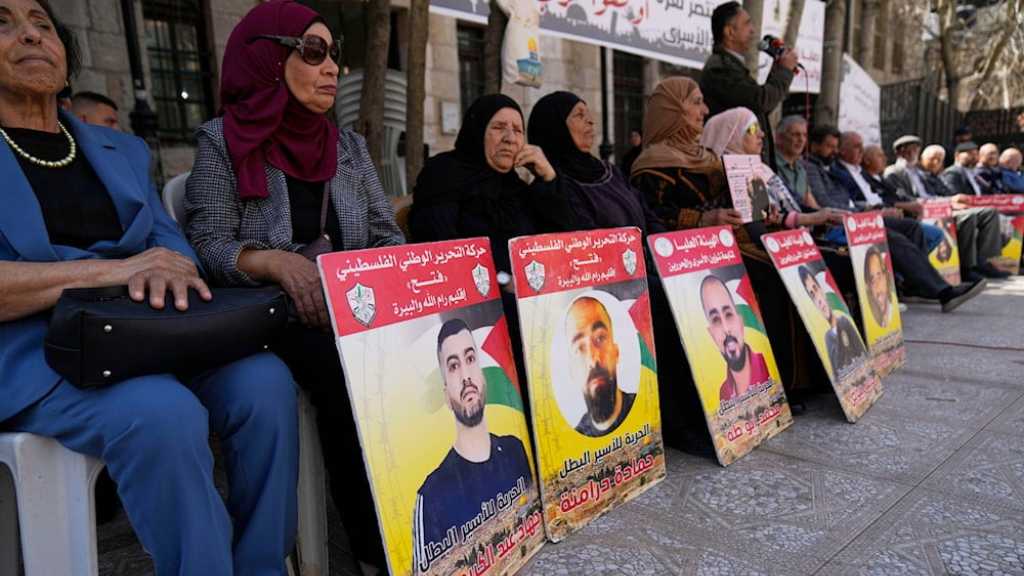A West Bank mayor’s struggle

Not just occupation, the core of Humiliation-Live from Palestine
Source: Electronic Intifada, 13-10-2008
By Paul Adrian Raymond
Writing from Aqaba, occupied West Bank
In mid-September, in a luxurious 'Jerusalem' (occupied al-Quds) hotel, the city's Mayor Uri Lupoliansky hosted the 26th annual 'Jerusalem' Conference of Mayors. Civic leaders from around the world -- Albuquerque, Antwerp and Addis Ababa -- were invited.
"During this Conference we will have a unique opportunity to reflect on the pressing issues that concern all mayors every day, everywhere," said Lupolianski in the days leading up to the event. "We plan on discussing the special role that mayors have as leaders of cities that impact both their home countries and beyond."
Hajj Sami, the wheelchair-bound mayor of Aqaba, did not attend. He serves a rather smaller community, with far more pressing concerns. Over three-quarters of the houses in his village are to be demolished by the 'Israeli' army, and he had headed to the United States in a final attempt to save them.
"The 'Israelis' have given us a map," he says. "They want to destroy everything outside of this map, which means that three percent of the village's lands will remain. Out of 45 houses in the village, 35 have been issued with demolition orders."
I met Mayor Sami just before he left for the US. It was a hot midsummer's day, and he had abandoned his office to sit in the shade of a nearby tree. A couple of elderly men sat around chatting quietly as Sami, in his wheelchair, took endless phone calls and talked.
"There were dozens of families living in this village before the 1967 war," he said. "Immediately
after the war the 'Israeli' army declared the village and all its environs a closed military zone.
They built three barracks on the village's land to train their forces, which has led to 50 injuries among the village's people. Eight people have been killed during military exercises."
Sami is permanently wheel-chair bound. He was shot three times in the back by 'Israeli' soldiers when he was 16, and one of the bullets remains in his chest to this day. Yet he has tirelessly fought for his community's right to remain on the land they have owned for generations. In the course of his campaigns he has secured international funding for several community buildings. Although the town is small and remote, most of its buildings look clean and cared-for.
That homely veneer may soon be rubbed off. From his vantage point in the shade, Hajj Sami begins to show me the immense problems facing his people.
"Thirty-five houses have been marked down for demolition, including the health clinic behind us," he said, pointing to a pristine building 20 yards from where we sat. "The military court has ordered that it be demolished. The mosque is to be demolished. The children's nursery is to be demolished. Many of the streets, pavements and walls are to be destroyed as well."
These are not empty threats. In 1999, seven houses and temporary dwellings were demolished, as well as electricity lines, the local telephone network and a well used by local shepherds for their flocks. The 'Israeli' authorities justify this on the basis that such structures were built without construction permits -- papers that are virtually never granted to Palestinians living in the parts of the West Bank that remained, after the 1993 Oslo accords, under full 'Israeli' control. Unable to obtain approval to build on their own land, many Aqaba residents are forced into one of two options: build illegally and risk losing everything, or leave the village for good.
It appears that most of the village's young people are opting for the latter. Traditionally, when a young couple get married, the wife moves to the husband's village and he buys or builds a house not far from where his parents live. In Aqaba, this is not possible. According to statistics gathered by the village council, around 700 residents have left for larger towns such as Tubas or Nablus.
Yet it is not just the housing crisis that is strangling Aqaba. The 'Israeli' army conducts regular military exercises in the area, terrifying, injuring and sometimes killing local villagers. Apparently, the broad valleys and steep slopes of the area resemble southern Lebanon, which 'Israel' occupied from 1982 to 2000. 'Israel's' 2006 war on Lebanon gave the army another reason to keep hold of their training grounds around Aqaba.
While Hajj Sami has had some victories in the 'Israeli' courts, resulting in the removal of an army training camp on the edge of town, Aqaba's prospects remain dire and its mayor has resorted to the one last thing that may be able to save it: American pressure.
"After the Oslo accords we fought a popular struggle to secure this land: a struggle fought through law," says Sami. "We are taking our struggle further now, moving to the US, speaking to members of Congress and the American people about Aqaba's situation in particular and the situation of Palestine in general."
A couple of days after our interview, Sami packed his bags and headed for Washington. He had a packed schedule: during his visit he planned to visit six states, talk at several universities, and to meet congressional figures who may just have the leverage to secure Aqaba's future.
Just two day before my visit, the 'Israeli' army conducted an early morning exercise right in the center of Aqaba. Hajj Sami says that 400-500 soldiers came through the village, just as the locals were eating their pre-dawn meal in preparation for a day's fasting for Ramadan.
"These provocations against a tiny village would be unacceptable in any country in the world," he says. "The people of this village want to live in peace, but the 'Israelis' don't let them. It is impossible for us to leave here, there is nowhere else for us to go. The occupying army, the 'Israeli' Military Forces, must leave so these people can live in peace."
He stroked his dark, newly graying beard and gazed down the hill at the village kindergarten, where 300 local children learn the alphabet, not knowing when, or whether, their school would be destroyed. His eyes filled with anxiety for a second. Then his mobile phone rang, and he was back to the struggle again.
Source: Electronic Intifada, 13-10-2008
By Paul Adrian Raymond
Writing from Aqaba, occupied West Bank
In mid-September, in a luxurious 'Jerusalem' (occupied al-Quds) hotel, the city's Mayor Uri Lupoliansky hosted the 26th annual 'Jerusalem' Conference of Mayors. Civic leaders from around the world -- Albuquerque, Antwerp and Addis Ababa -- were invited.
"During this Conference we will have a unique opportunity to reflect on the pressing issues that concern all mayors every day, everywhere," said Lupolianski in the days leading up to the event. "We plan on discussing the special role that mayors have as leaders of cities that impact both their home countries and beyond."
Hajj Sami, the wheelchair-bound mayor of Aqaba, did not attend. He serves a rather smaller community, with far more pressing concerns. Over three-quarters of the houses in his village are to be demolished by the 'Israeli' army, and he had headed to the United States in a final attempt to save them.
"The 'Israelis' have given us a map," he says. "They want to destroy everything outside of this map, which means that three percent of the village's lands will remain. Out of 45 houses in the village, 35 have been issued with demolition orders."
I met Mayor Sami just before he left for the US. It was a hot midsummer's day, and he had abandoned his office to sit in the shade of a nearby tree. A couple of elderly men sat around chatting quietly as Sami, in his wheelchair, took endless phone calls and talked.
"There were dozens of families living in this village before the 1967 war," he said. "Immediately
after the war the 'Israeli' army declared the village and all its environs a closed military zone.
They built three barracks on the village's land to train their forces, which has led to 50 injuries among the village's people. Eight people have been killed during military exercises."
Sami is permanently wheel-chair bound. He was shot three times in the back by 'Israeli' soldiers when he was 16, and one of the bullets remains in his chest to this day. Yet he has tirelessly fought for his community's right to remain on the land they have owned for generations. In the course of his campaigns he has secured international funding for several community buildings. Although the town is small and remote, most of its buildings look clean and cared-for.
That homely veneer may soon be rubbed off. From his vantage point in the shade, Hajj Sami begins to show me the immense problems facing his people.
"Thirty-five houses have been marked down for demolition, including the health clinic behind us," he said, pointing to a pristine building 20 yards from where we sat. "The military court has ordered that it be demolished. The mosque is to be demolished. The children's nursery is to be demolished. Many of the streets, pavements and walls are to be destroyed as well."
These are not empty threats. In 1999, seven houses and temporary dwellings were demolished, as well as electricity lines, the local telephone network and a well used by local shepherds for their flocks. The 'Israeli' authorities justify this on the basis that such structures were built without construction permits -- papers that are virtually never granted to Palestinians living in the parts of the West Bank that remained, after the 1993 Oslo accords, under full 'Israeli' control. Unable to obtain approval to build on their own land, many Aqaba residents are forced into one of two options: build illegally and risk losing everything, or leave the village for good.
It appears that most of the village's young people are opting for the latter. Traditionally, when a young couple get married, the wife moves to the husband's village and he buys or builds a house not far from where his parents live. In Aqaba, this is not possible. According to statistics gathered by the village council, around 700 residents have left for larger towns such as Tubas or Nablus.
Yet it is not just the housing crisis that is strangling Aqaba. The 'Israeli' army conducts regular military exercises in the area, terrifying, injuring and sometimes killing local villagers. Apparently, the broad valleys and steep slopes of the area resemble southern Lebanon, which 'Israel' occupied from 1982 to 2000. 'Israel's' 2006 war on Lebanon gave the army another reason to keep hold of their training grounds around Aqaba.
While Hajj Sami has had some victories in the 'Israeli' courts, resulting in the removal of an army training camp on the edge of town, Aqaba's prospects remain dire and its mayor has resorted to the one last thing that may be able to save it: American pressure.
"After the Oslo accords we fought a popular struggle to secure this land: a struggle fought through law," says Sami. "We are taking our struggle further now, moving to the US, speaking to members of Congress and the American people about Aqaba's situation in particular and the situation of Palestine in general."
A couple of days after our interview, Sami packed his bags and headed for Washington. He had a packed schedule: during his visit he planned to visit six states, talk at several universities, and to meet congressional figures who may just have the leverage to secure Aqaba's future.
Just two day before my visit, the 'Israeli' army conducted an early morning exercise right in the center of Aqaba. Hajj Sami says that 400-500 soldiers came through the village, just as the locals were eating their pre-dawn meal in preparation for a day's fasting for Ramadan.
"These provocations against a tiny village would be unacceptable in any country in the world," he says. "The people of this village want to live in peace, but the 'Israelis' don't let them. It is impossible for us to leave here, there is nowhere else for us to go. The occupying army, the 'Israeli' Military Forces, must leave so these people can live in peace."
He stroked his dark, newly graying beard and gazed down the hill at the village kindergarten, where 300 local children learn the alphabet, not knowing when, or whether, their school would be destroyed. His eyes filled with anxiety for a second. Then his mobile phone rang, and he was back to the struggle again.
Comments




